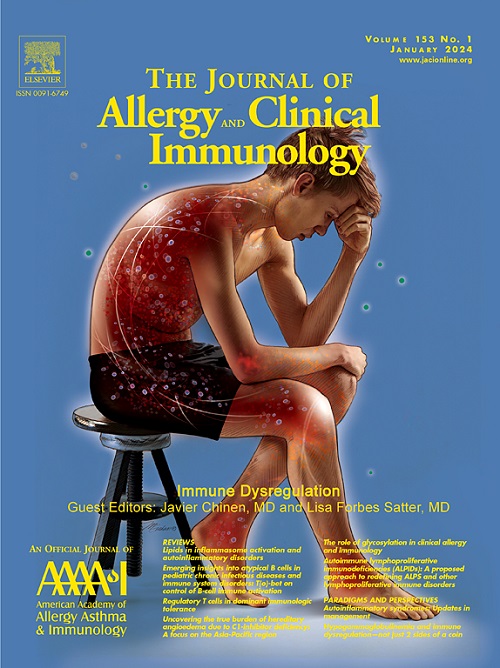利用行政和其他独立于研究的数据库推进出生队列研究——机遇与挑战。
IF 11.4
1区 医学
Q1 ALLERGY
引用次数: 0
摘要
出生队列研究设计是调查健康和疾病发展起源的重要流行病学工具。出生队列极大地提高了对哮喘和过敏性疾病的病因学理解,为转化干预的进步奠定了基础。研究人员越来越多地利用独立于研究调查收集和维护的数据存储库(行政数据)来建立大型出生队列或增加通过积极参与者互动产生的数据。在许多情况下,行政数据可以大大提高出生队列实现其科学目标的能力。然而,调查人员必须警惕常见的陷阱,并仔细考虑行政数据是否适合科学调查。本文回顾了使用行政数据的优势和挑战,以及为优化其在出生队列中的使用而开发的实用解决方案。随着出生队列在了解早期生命疾病病因学方面继续发挥重要作用,释放行政数据的力量将极大地有助于这一科学进程。本文章由计算机程序翻译,如有差异,请以英文原文为准。
Advancing birth cohort studies using administrative and other research-independent data repositories - opportunities and challenges.
The birth cohort study design is an essential epidemiological tool for investigating the developmental origins of health and disease. Birth cohorts have greatly improved the etiological understanding of asthma and allergic diseases, setting the stage for advancements in translational interventions. Increasingly, investigators leverage data repositories collected and maintained independently of research investigations (administrative data) to establish large birth cohorts or to augment data generated through active participant interaction. In many cases, administrative data can greatly enhance the capacity of birth cohorts to achieve their scientific goals. However, investigators must be wary of common pitfalls and carefully consider whether administrative data is well-suited to the scientific inquiry. This paper reviews the strengths and challenges of using administrative data and pragmatic solutions that have been developed to optimize their use in birth cohorts. As birth cohorts continue to play an important role in understanding early life disease etiology, unleashing the power of administrative data will greatly assist in this scientific process.
求助全文
通过发布文献求助,成功后即可免费获取论文全文。
去求助
来源期刊
CiteScore
25.90
自引率
7.70%
发文量
1302
审稿时长
38 days
期刊介绍:
The Journal of Allergy and Clinical Immunology is a prestigious publication that features groundbreaking research in the fields of Allergy, Asthma, and Immunology. This influential journal publishes high-impact research papers that explore various topics, including asthma, food allergy, allergic rhinitis, atopic dermatitis, primary immune deficiencies, occupational and environmental allergy, and other allergic and immunologic diseases. The articles not only report on clinical trials and mechanistic studies but also provide insights into novel therapies, underlying mechanisms, and important discoveries that contribute to our understanding of these diseases. By sharing this valuable information, the journal aims to enhance the diagnosis and management of patients in the future.

 求助内容:
求助内容: 应助结果提醒方式:
应助结果提醒方式:


